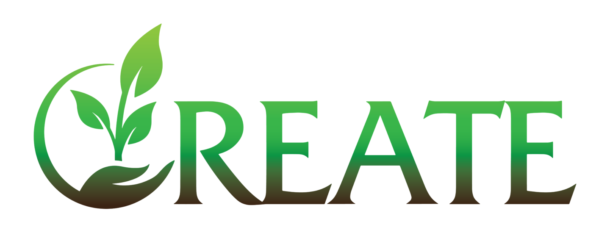Determining the Impact of CREATE on Math and ELA Achievement

Empirical Education is conducting the evaluation of Collaboration and Reflection to Enhance Atlanta Teacher Effectiveness (CREATE) under an Investing in Innovation (i3) development grant awarded in 2014. The CREATE evaluation takes place in schools throughout the state of Georgia.
Approximately 40 residents from the Georgia State University (GSU) College of Education (COE) are participating in the CREATE teacher residency program. Using a quasi-experimental design, outcomes for these teachers and their students will be compared to those from a matched comparison group of close to 100 teachers who simultaneously enrolled in GSU COE but did not participate in CREATE. Implementation for cohort 1 started in 2015, and cohort 2 started in 2016. Confirmatory outcomes will be assessed in years 2 and 3 of both cohorts (2017 - 2019).
Confirmatory research questions we will be answering include:
What is the impact of one-year of exposure of students to a novice teacher in their second year of teacher residency in the CREATE program, compared to the Business as Usual GSU teacher credential program, on mathematics and ELA achievement of students in grades 4-8, as measured by the Georgia Milestones Assessment System?
What is the impact of CREATE on the quality of instructional strategies used by teachers, as measured by the Teacher Assessment of Performance Standards (TAPS) scores, at the end of the third year of residency, relative to the business as usual condition?
What is the impact of CREATE on the quality of the learning environment created by teachers, as measured by Teacher Assessment of Performance Standards (TAPS) scores, at the end of the third year of residency, relative to the business as usual condition?
Exploratory research questions will address additional teacher-level outcomes including retention, effectiveness, satisfaction, collaboration, and levels of stress in relationships with students and colleagues.
We plan to publish the results of this study in fall of 2019. Please visit the CREATE webpage to read the research report.
